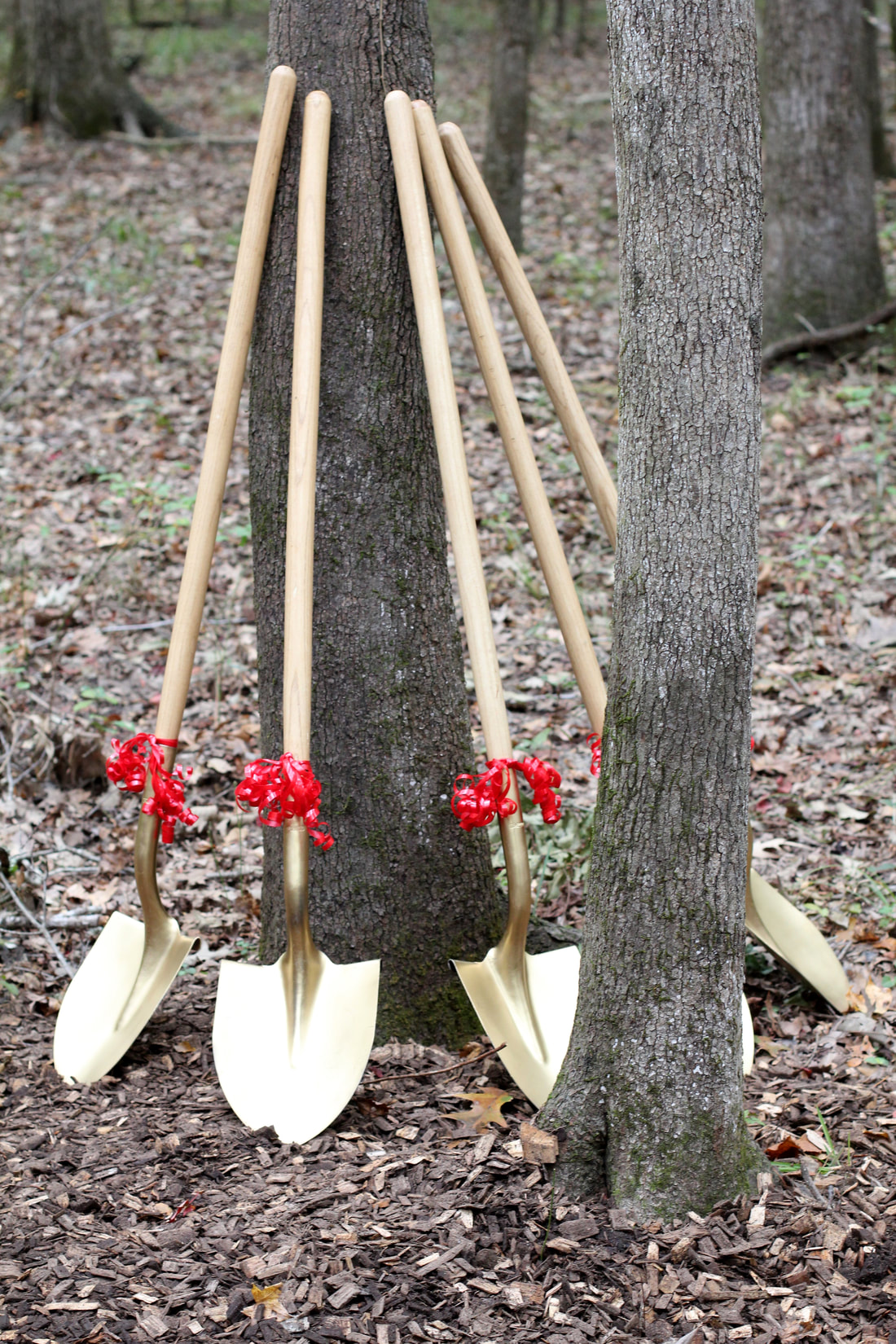| Thirty-five years ago, on my first day as a sports reporter at the tiny Clinton Daily News in Oklahoma, publisher and owner Charles Engleman made it clear that the terms of my employment required me to join a service club. I didn’t have a choice. I was to be a Jaycee; end of discussion. We had four full-time employees in our tiny newsroom. Each one belonged, by assignment, to something — Rotary, Kiwanis, Lions. For a town of just under 10,000, Clinton had thriving chapters of each, and the paper’s owner had a big hand in that. He believed deeply in the need to voluntarily make the town a better place. He understood, in other words, that wealth could be measured in things other than dollars; that people who were part of a large social network, and that included church membership, were rich, in a real sense, as were places where residents learned to take pride in their surroundings and responsibility for each other. |
| | If you think that notion has been lost in recent years, you’re right. A new study makes it clear what we’ve sacrificed because of it. Service clubs still exist, but their membership numbers are nowhere near what they were in the mid-20th century. Back in 2000, Robert Putman published the book, “Bowling Alone: The Collapse and Revival of American Community.” At the time, he reported club membership had declined by 58 percent since 1975, and that was before social media came along, often substituting real relationships with electronic simulations. The title of Putnam’s book uses the decline in bowling leagues as a metaphor. While more people bowl today than in the past, they don’t experience the social interactions that used to occur in popular league play — interactions that once made bowling much more than a sport. Places where large numbers of people are socially connected tend to be places where people are happy, prosperous, civically engaged and trusting. Places on the other end of the scale tend to have more violent crime and other problems. As the Deseret News reported recently, this is all part of a newly released study titled, “The Geography of Social Capital in America.” It examines a variety of factors related to social networks. The study is part of a project begun last year by the congressional Joint Economic Committee and led by Utah Sen. Mike Lee. Its findings are enlightening. First of all, Utah comes across as a champ. The state finished No. 1 overall in social capital, due mainly to strong family connections, a higher than average marriage rate and high levels of volunteerism and charitable contributions. But nationally, the news isn’t good. The top 10 states combined contain only 9 percent of the nation’s population, while 29 percent live in the bottom 10 states. Break it down by county, and 59 percent of Americans live in the worst 40 percent, in terms of social capital. Like so many other trends in modern American life, this suggests a rural-urban split. In other words, the more people who surround you, the lonelier your life may be. I know what you’re thinking. It’s one thing for Washington to begin studying data about social capital. But if Washington tries to solve the problem, things can get only worse. Perhaps, but maybe this attitude reflects the cynicism that has contributed to the spread of these problems in the first place. The study also measures “institutional health,” or the rate at which people vote, and how much confidence they have in institutions. Utah got its lowest score in this section — ranking 30th. The study doesn’t include any solutions. That will come later. In the meantime, consider that government may be abysmal at solving social problems because it has been asking the wrong questions. This effort looks at underlying causes in ways that are new for Washington. My old publisher innately understood the right questions. And, even if it was only subconsciously, so did the many Jaycees I used to join for those monthly meetings at a Holiday Inn banquet room in a small town in Oklahoma. The trick is to somehow kick start that kind of inner sense of communal responsibility once more. |


 RSS Feed
RSS Feed

